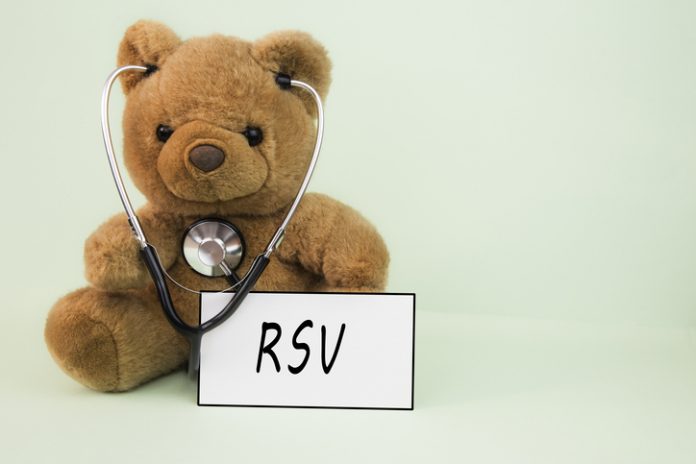The Royal Australian College of GPs (RACGP) has welcomed Victoria’s new infant respiratory syncytial virus (RSV) vaccine program — a complementary program offering neonatal and “catch up” vaccinations to protect infants and young children at risk.
The complementary program follows the Federal Government’s introduction of a free maternal RSV vaccine for pregnant women under the National Immunisation Program (NIP) and is designed for:
- Infants born between 1 October 2024 to 30 September 2025 to mothers who did not receive a maternal RSV vaccine during pregnancy, or where the vaccine was administered less than two weeks before birth.
- Those living with risk conditions for RSV disease, such as premature babies born before 32 weeks, significant immunosuppression or chronic lung disease, regardless of maternal vaccination status.
- Infants born on or after 1 October 2023 vulnerable to severe RSV including Aboriginal and Torres Strait Islander infants and young children with conditions associated with increased risk of severe RSV.
RACGP Victoria Chair, Dr Anita Munoz, urges Victorian families to take advantage of the state’s complementary scheme.
“This program will save lives, particularly since it will provide two ‘catch up’ programs for infants and young children at high risk of severe RSV,” she says.
With severe RSV hospitalising around 12,000 babies annually, Dr Munoz emphasises the importance of vaccination, especially for families who missed the maternal vaccine.
“We must take RSV seriously,” says Dr Munoz.
“Although the symptoms are usually mild and manageable at home, some children and adults can suffer severe, life-threatening effects and require hospitalisation, or worse.
“At a time of high cost-of-living pressures, it’s vital to remind families that this vaccine, as well as the National Immunisation Program vaccine for pregnant mums, are both completely free of charge.
“Please encourage people in your life, such as friends, family members, and colleagues to act now.
“New parents have so much on their minds and so many things to take care of, but ensuring your children are vaccinated is one of the best decisions you can make,” she says.










